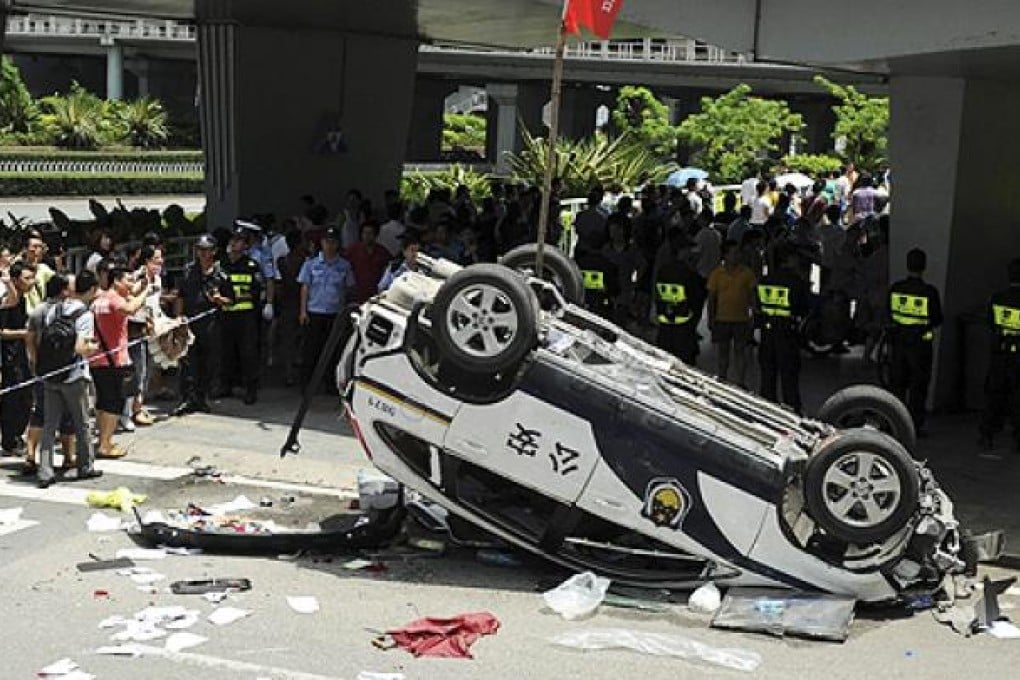Japan's big three automakers scale back China production

Japan’s big three automakers shuttered some or all of their factory operations in China on Tuesday amid escalating anti-Japan protests centred on a bitter territorial dispute between the Asian giants.
Honda Motor said it had temporarily closed all five of its China plants after violent demonstrations, while Nissan temporarily shut two of three factories and Toyota said it had scaled back production but did not elabourate.
“We decided to stop production at our automobile factories for today and [Wednesday],” a Honda spokesman said, adding that no decision had been made about plant restarts.
“We can produce cars in the factories, but we are concerned about delivery to the dealers,” he added.
Honda makes about 970,000 vehicles annually at its five China plants, while Nissan counts China as its biggest single market.
“From [Thursday], we will assess the situation to decide what to do,” said Nissan spokesman Christopher Keefe.